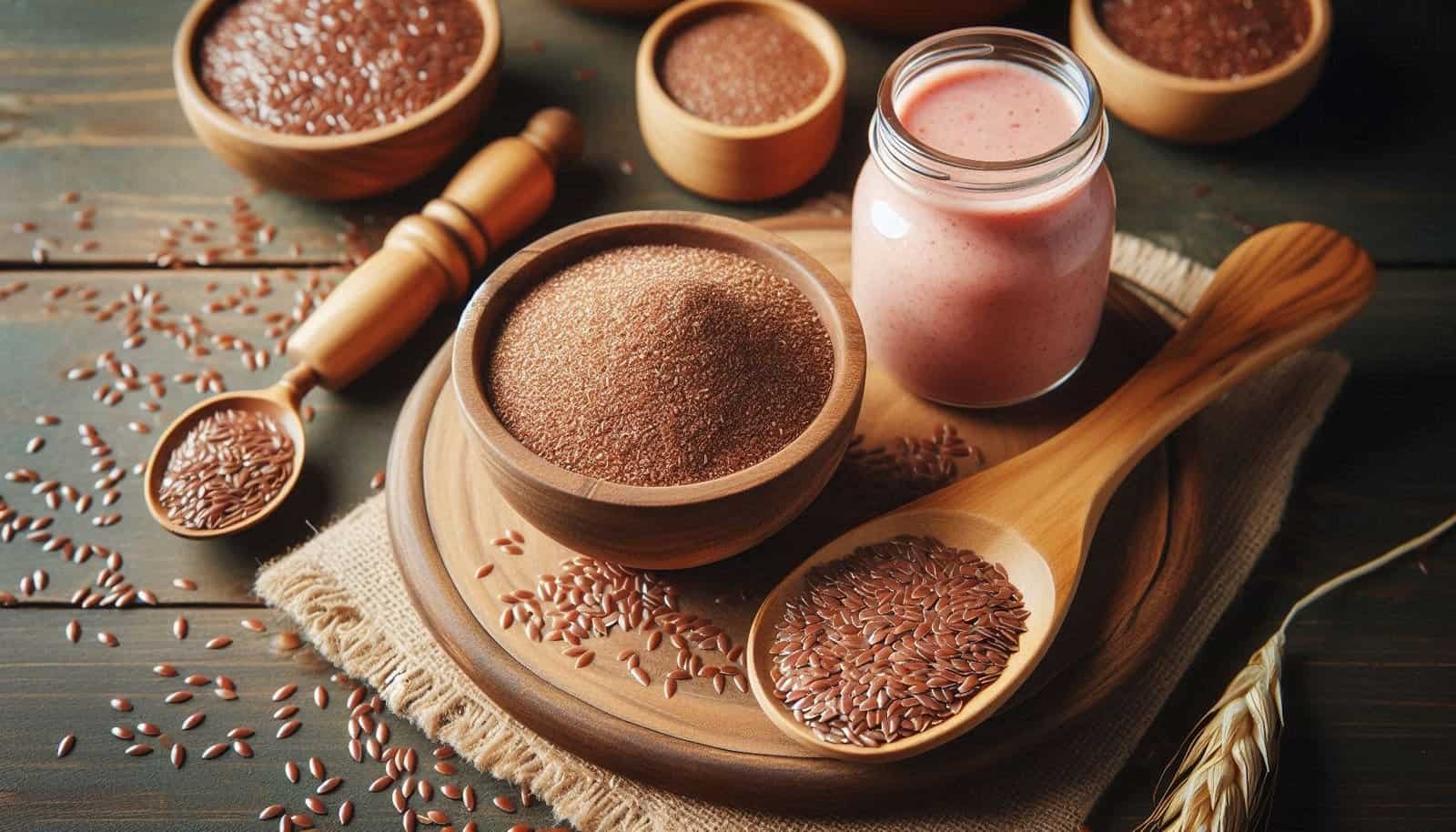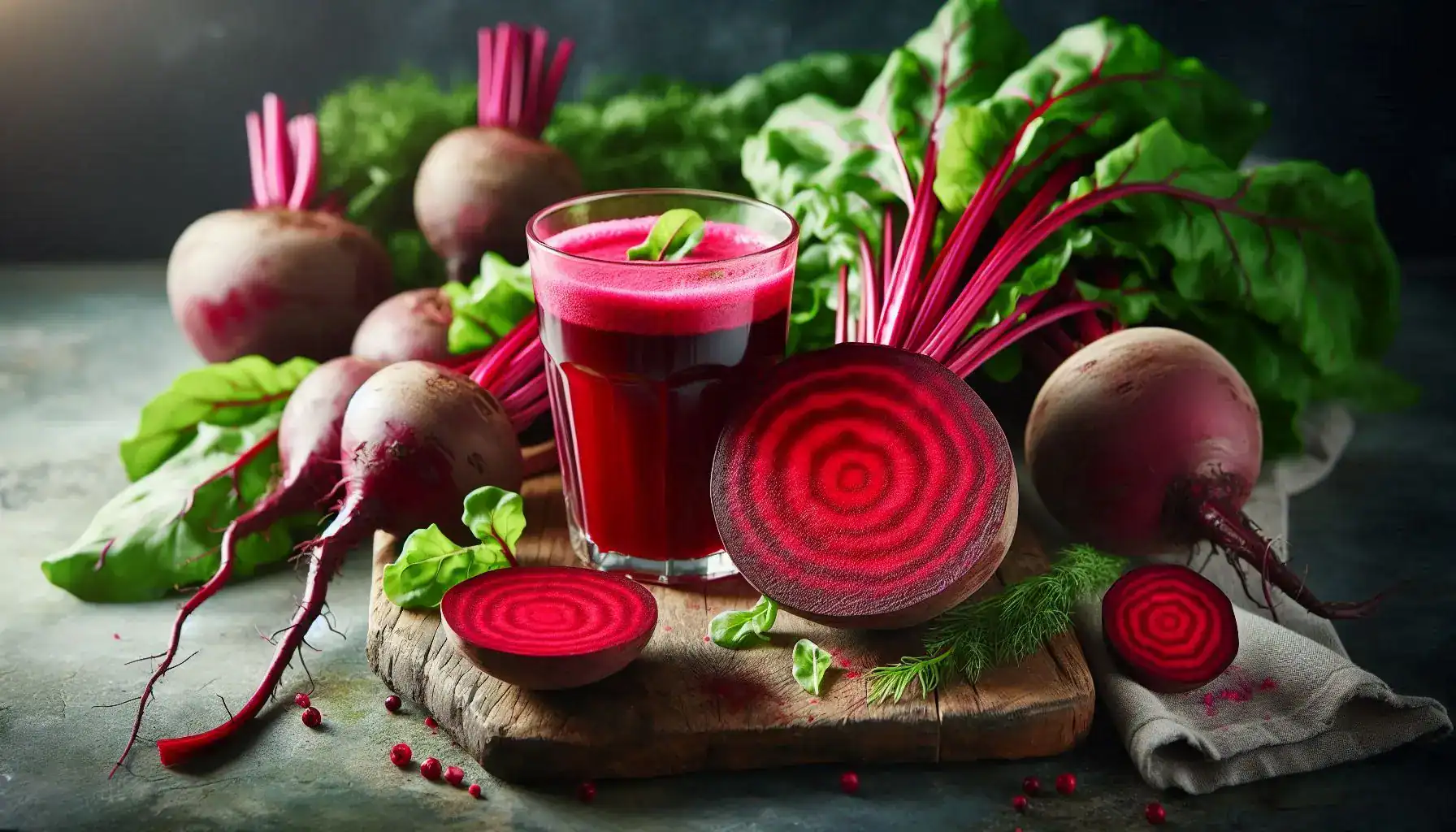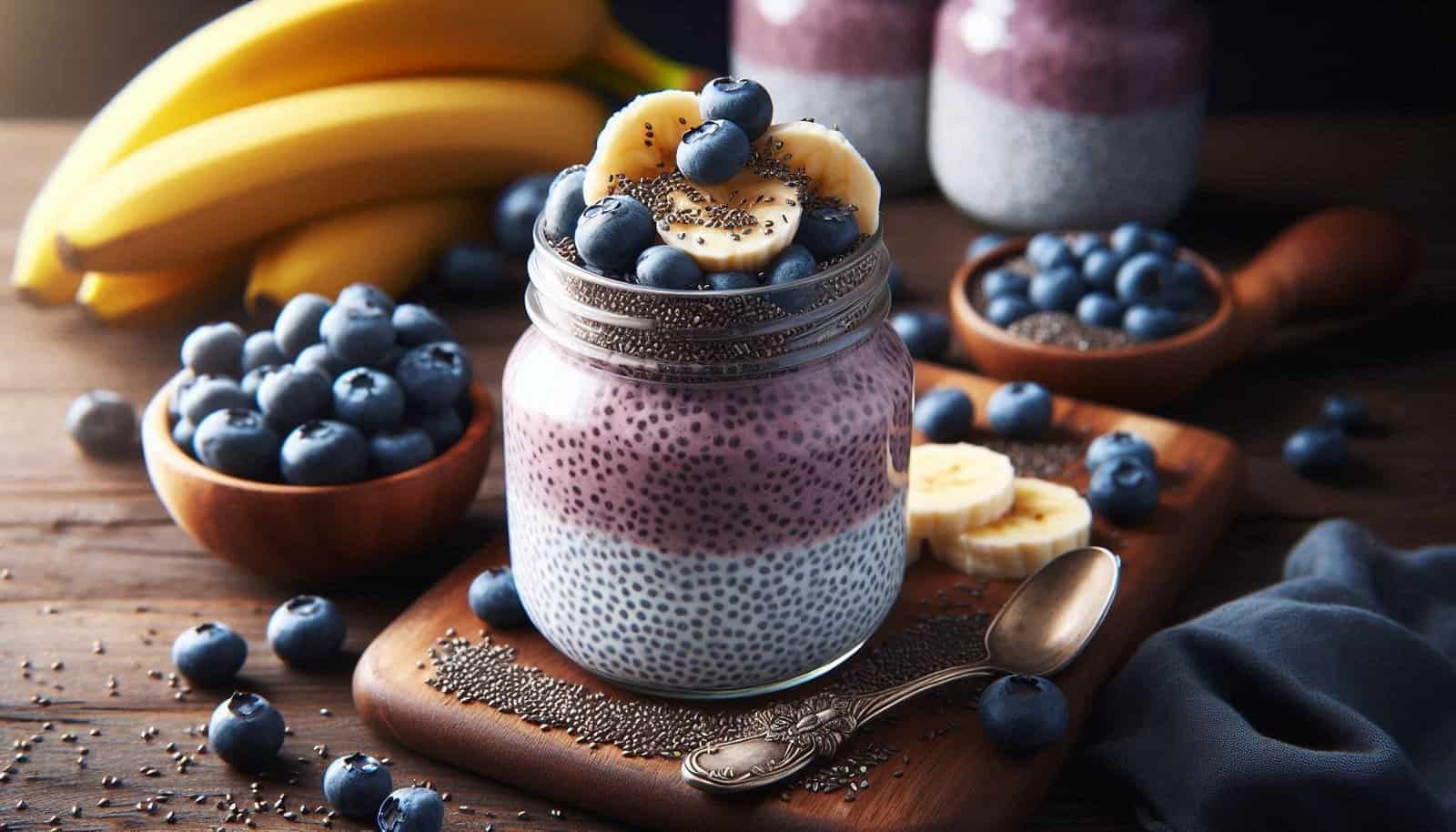13 Superfoods That Regulate Your Periods
A woman’s menstrual cycle is a powerful indicator of her overall health. Irregular periods, painful cramps, or hormonal imbalances can be signs of underlying issues such as PCOS, stress, poor diet, or thyroid dysfunction.
While medical intervention is sometimes necessary, nature offers an incredible array of superfoods that can help regulate your cycle naturally. These foods support hormonal balance, reduce inflammation, and nourish the reproductive system from within.
Here are 13 powerful natural superfoods that can help regulate your menstrual cycle and support your hormonal health.
1. Flaxseeds – The Hormone Balancer

Flaxseeds are often referred to as “nature’s hormone helper.” These tiny seeds are rich in phytoestrogens, especially lignans, which help balance estrogen levels in the body. They’re also high in omega-3 fatty acids and fiber, which aid in regulating ovulation and maintaining a healthy menstrual cycle.
How to Consume
Add 1 tablespoon of ground flaxseeds to your smoothie or oatmeal daily.
Try seed cycling by consuming flaxseeds during the first half of your cycle (days 1–14).
2. Turmeric – The Natural Anti-Inflammatory

Turmeric is a golden spice with powerful anti-inflammatory and antioxidant properties, thanks to the active compound curcumin. It helps ease menstrual pain and supports detoxification of excess hormones from the liver. Turmeric may also assist in improving insulin sensitivity—particularly important for women with PCOS.
How to Consume
Add ½ teaspoon of turmeric to warm milk or golden tea.
Include turmeric in your daily cooking with black pepper to increase absorption.
3. Ginger – The Menstrual Pain Reliever and Cycle Stimulator
Ginger is a powerful anti-inflammatory and antioxidant-rich root that has been used for centuries to treat menstrual discomfort. It helps reduce prostaglandins, the hormone-like substances responsible for cramps and inflammation during menstruation. Ginger can also stimulate menstruation in women experiencing delayed periods due to hormonal imbalances or stress.
How to Consume
Drink 1–2 cups of fresh ginger tea daily (especially 3–5 days before your expected period).
Add fresh or powdered ginger to your meals, soups, and smoothies.
Combine with turmeric for enhanced anti-inflammatory effects
4. Papaya – The Natural Uterine Tonic

Papaya, especially raw or unripe papaya, is known to stimulate the production of estrogen and support uterine contractions, which can help regulate irregular periods. It contains carotene, an enzyme that influences estrogen levels and can promote menstruation, especially in women with delayed or missed periods due to hormonal imbalance. It’s also rich in vitamin C, folate, and fiber, which aid in hormone metabolism and reduce inflammation.
How to Consume
Eat 1 cup of fresh, ripe papaya daily for overall reproductive health.
Consume unripe papaya juice (in moderation) under medical guidance to stimulate periods.
Note: Avoid papaya if you’re pregnant or trying to conceive, as it may stimulate uterine contractions.
5. Leafy Greens – The Iron and Magnesium Booster

Spinach, kale, and Swiss chard are loaded with iron, magnesium, and B vitamins. These nutrients are essential for replenishing iron lost during menstruation and reducing PMS symptoms such as fatigue, mood swings, and cramps.
How to Consume
Incorporate leafy greens into salads, soups, smoothies, or stir-fries.
Pair with vitamin C-rich foods (like lemon juice) for better iron absorption.
6. Beetroot – The Blood Builder and Detoxifier

Beetroot is rich in iron, folate, magnesium, and nitrates, making it one of the best superfoods for supporting healthy blood flow and combating anemia—a common concern for women with heavy or irregular periods. It also helps detox the liver, which is responsible for breaking down and eliminating excess hormones like estrogen. This detoxifying effect promotes better hormonal balance and cycle regularity.
How to Consume
Drink ½ cup of fresh beetroot juice daily during your period.
Add grated beetroot to salads or blend it into smoothies.
Roast beetroot with olive oil for a delicious side dish.
7. Chia Seeds – The Omega-3 Powerhouse

Chia seeds are loaded with omega-3 fatty acids, which help reduce inflammation and support hormonal balance. They are also high in fiber, which helps stabilize blood sugar levels—a key factor in maintaining a regular menstrual cycle.
How to Consume
Soak 1–2 tablespoons of chia seeds in water overnight and add to smoothies, puddings, or yogurt.
Great for women experiencing heavy periods or irregular ovulation.
Also read: Chia Seeds Uses For Female Health And Beauty
8. Sesame Seeds – The Hormone-Balancing Mineral Powerhouse

Sesame seeds are rich in zinc, calcium, magnesium, iron, and healthy fats—all of which are crucial for maintaining hormonal balance and regulating the menstrual cycle. They also contain lignans, plant compounds that help modulate estrogen levels in the body, much like flaxseeds. This makes sesame seeds particularly helpful for women with irregular periods, low estrogen, or PMS symptoms.
How to Consume
Consume 1 tablespoon of sesame seeds daily, raw or lightly roasted.
Sprinkle them on salads, soups, stir-fries, or yogurt.
Include in seed cycling during the second half of your cycle (days 15–28), paired with sunflower seeds.
Note: If you have a sesame allergy or are on certain medications, consult your doctor before regular use.
9. Avocados – The Hormonal Regulator

Avocados are rich in healthy monounsaturated fats, which play a key role in hormone production and absorption. They also provide potassium, folate, and vitamin E, nutrients that support ovarian health and ease PMS symptoms.
How to Consume
Add sliced avocado to toast, salads, or smoothies.
Enjoy ½ an avocado daily for optimal hormonal support.
10. Pumpkin Seeds – Zinc-Rich Ovary Support

Pumpkin seeds are a great source of zinc, a mineral that supports progesterone production and healthy ovulation. Zinc is also essential for thyroid function, which plays a critical role in maintaining a regular cycle.
How to Consume
Eat 1–2 tablespoons of pumpkin seeds daily, roasted or raw.
Include in seed cycling during the first half of your cycle (with fl
11. Cinnamon – The Blood Sugar Stabilizer

Cinnamon has been widely studied for its role in improving insulin sensitivity, especially in women with PCOS, a condition that often causes irregular periods. By stabilizing blood sugar levels, cinnamon helps regulate the release of hormones like insulin and androgens, leading to more consistent ovulation.
How to Consume
Add ¼–½ teaspoon of Ceylon cinnamon to your morning coffee, tea, or oatmeal.
Use daily to help with menstrual regularity.
12. Berries – The Antioxidant-Rich Reproductive Support

Strawberries, blueberries, raspberries, and blackberries are packed with antioxidants, vitamin C, and fiber. These nutrients help reduce oxidative stress on the ovaries and support hormone detoxification. Vitamin C also aids in progesterone production, which is crucial for a healthy luteal phase (second half of the cycle).
How to Consume
Eat a cup of mixed berries daily as a snack or in a smoothie.
Frozen berries are just as effective as fresh ones.
13. Quinoa – The Complex Carb for Cycle Regularity

Quinoa is a gluten-free whole grain that provides complex carbohydrates, iron, magnesium, and plant-based protein. Complex carbs help regulate insulin levels and reduce cortisol, a stress hormone that can negatively impact menstrual regularity.
How to Consume
Replace white rice or refined grains with cooked quinoa.
Include in salads, bowls, or as a base for vegetable stir-fries.
Additional Tips for Menstrual Health
While these superfoods can make a big impact, maintaining a healthy cycle also requires a holistic lifestyle. Here are a few supportive practices:
1. Hydration
Drinking enough water helps reduce bloating and supports the detoxification of hormones. Aim for at least 2–3 liters a day.
2. Stress Management
Chronic stress can disrupt ovulation due to the cortisol hike. Include activities such as yoga, meditation, journaling, or walking to keep stress in check.
3. Sleep
Sleep is when your body heals and hormones reset. Prioritize 7–8 hours of quality sleep per night to support endocrine function.
4. Avoid Hormone-Disrupting Foods
Limit intake of refined sugar, caffeine, processed meats, and alcohol. These can interfere with hormone balance and worsen PMS symptoms.
5. Track Your Cycle
Use apps like Flo, Clue, or My Calendar to monitor your cycle and identify irregular patterns that may need attention.
Your menstrual cycle is a mirror of your internal well-being. By incorporating these 13 natural superfoods, you can support your body’s ability to regulate hormones, reduce PMS symptoms, and maintain a consistent and healthy menstrual rhythm. Whether you’re dealing with irregular periods, PCOS, or simply want to feel your best throughout the month, these foods can be a game-changer.





